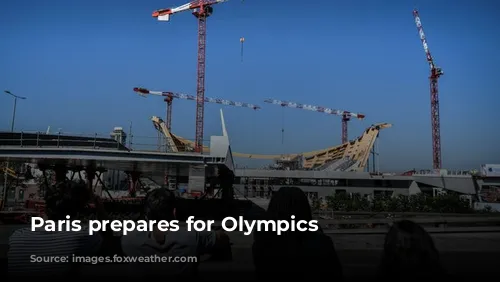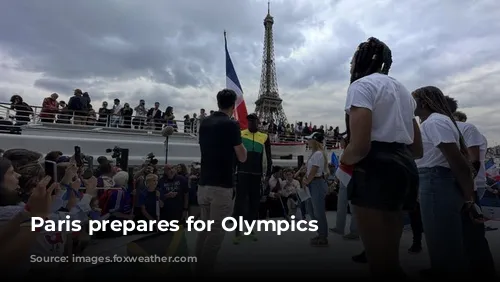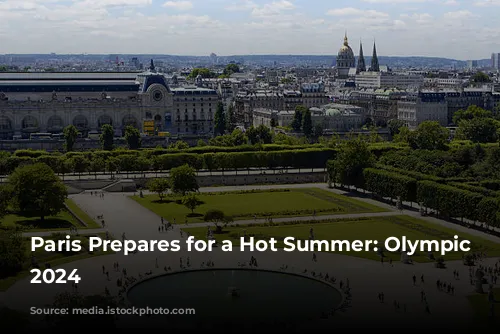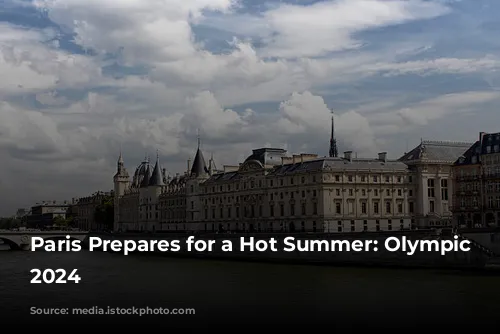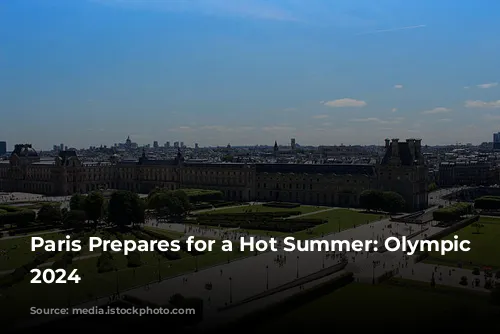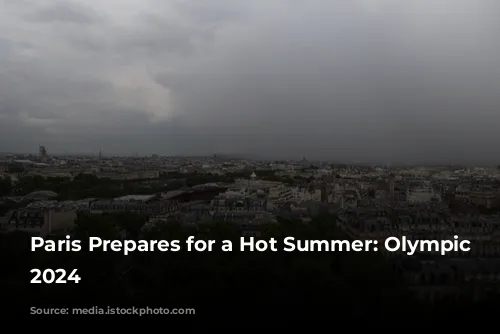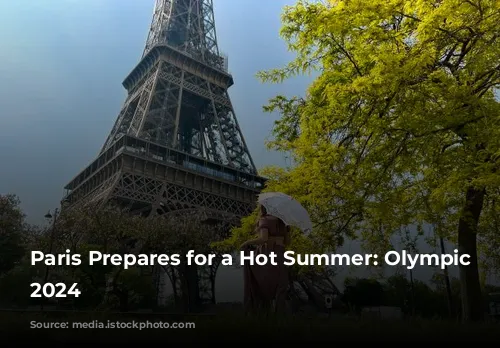The countdown is on! Less than a year remains before the City of Lights hosts the 2024 Summer Olympics. Paris is gearing up for a monumental event, promising to be the biggest sporting spectacle ever hosted in France.
Millions of fans and over 10,000 athletes are expected to converge on the French capital, transforming the city into a global hub of athleticism and excitement. The Games will commence on July 26th, 2024, and will conclude on August 11th, 2024, showcasing a diverse range of sports. From traditional favorites like soccer and surfing to modern additions like skateboarding and breakdancing, the Games promise a captivating display of talent and athleticism.

Facing the Heat: Paris’s Climate and the 2024 Olympics
While Paris boasts a temperate climate, influenced by both the Atlantic Ocean and the Mediterranean Sea, it is still subject to temperature extremes and unpredictable weather, making forecasting a constant challenge. Summer temperatures in late July and early August typically resemble those of Seattle, Washington, with highs reaching the upper 70s Fahrenheit and lows around 60 degrees. However, Paris receives slightly more rainfall than Seattle, averaging just over 2 inches per month.
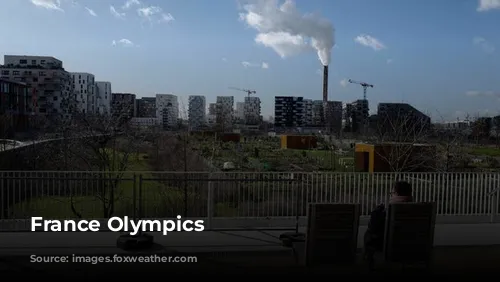
Extreme Weather: A Challenge for Olympic Organizers
High-pressure ridges and low-pressure systems can create intense weather events across the country, including heat waves, heavy rainfall, and even tornadoes. Paris experienced a historic heat wave in July 2019, with temperatures soaring to an unprecedented 108.7 degrees Fahrenheit. The heat wave caused hundreds of deaths and raised concerns about the stability of iconic structures like Notre Dame Cathedral.
While tornadoes are relatively rare in France compared to the U.S., hailstorms are much more common. 2022 saw nearly 2,500 hail reports, with one storm lasting for over 180 miles and causing an estimated $5 billion in damage.
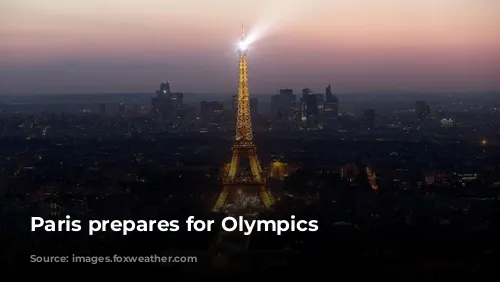
Keeping Cool: Sustainability and Air Conditioning in the 2024 Games
The lack of air conditioning in some Olympic facilities has sparked concerns, especially given the potential for intense heat. However, organizers have made sustainability a key priority, aiming to make the 2024 Games the most environmentally friendly in history. They claim that innovative technology will ensure the thermal comfort of athletes despite the absence of traditional air conditioning systems.
The International Olympic Committee (IOC) has expressed confidence in the organizing committee’s efforts, highlighting cooling technologies that can maintain temperatures 6 degrees Celsius lower than the outdoor temperature.
The organizers also emphasize that 95% of Olympic facilities will be either existing or temporary structures, further reducing the environmental impact of the Games. By emphasizing energy conservation, innovation, and creativity, Paris aims to set a new standard for sustainable Olympic Games.

